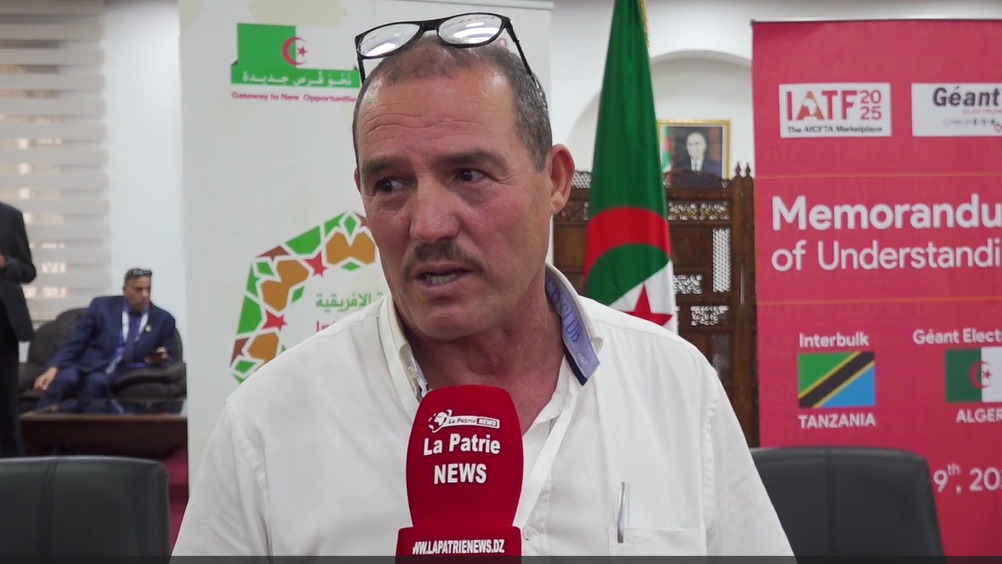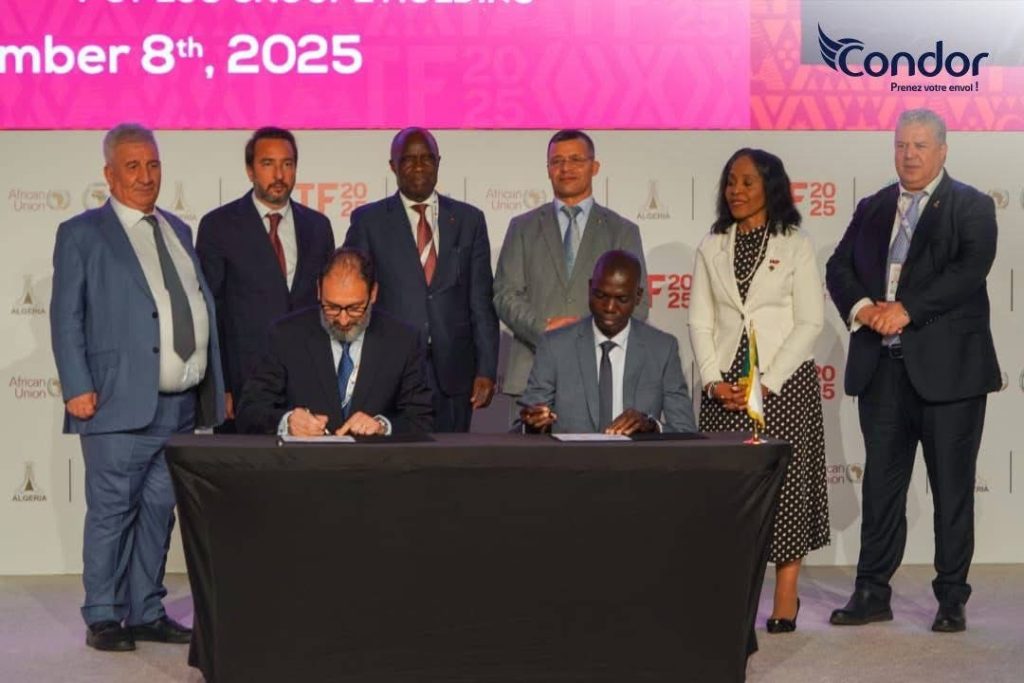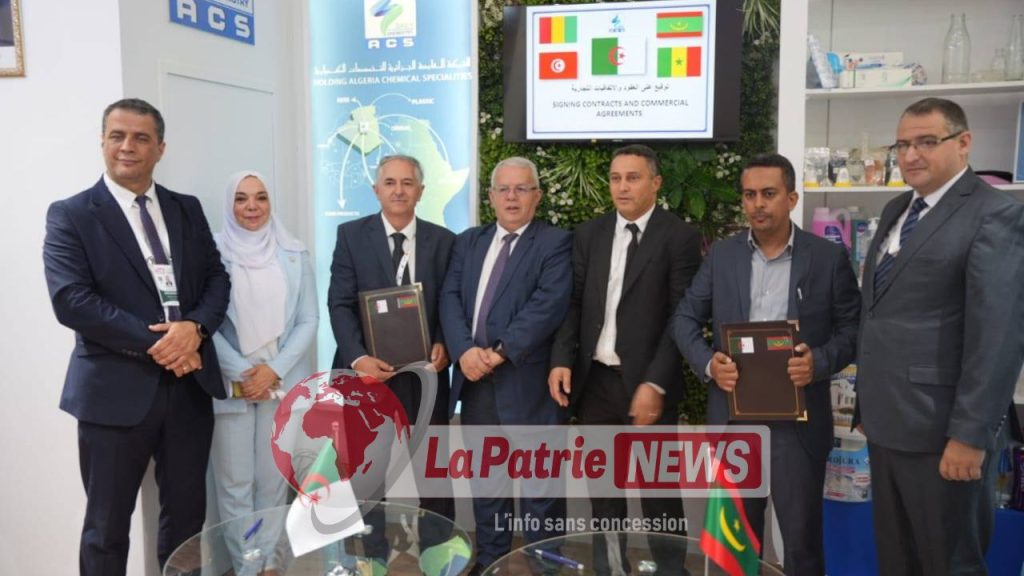| Discover Algeria | About us | Press area | Contact |
Exporting surplus potato production. Laâla Boukhalfa (agricultural expert): “The government made the right decision to suspend the operation.”
Announced on July 31 by the El Oued office of the General Union of Algerian Traders and Artisans (UGCAA), the “agreement in principle” given to farmers in the region to begin exporting potatoes to Tunisia is not yet effective.”

However, contrary to rumours, the operation "has not been stopped" and has not "fallen behind schedule," but is merely "suspended until further notice." Laâla Boukhalfa, an agriculture expert, drawing a parallel with last week's sharp rise in egg prices, explains that "export operations must be carefully planned to maintain price stability on the domestic market."
When contacted yesterday, Laâla Boukhalfa told us that "according to information coming in from the field, procedures have been suspended until further notice (...) which I think is a good move." The time allowed for reviewing producers' applications should enable "operations to be restarted with better planning." The aim is also to "maintain price stability (for potatoes) on the domestic market." Our interviewee, who is also the former CEO of a major poultry producer (Oravio-Ouest), draws a parallel with the recent increase in egg prices following the publication of the export authorization. This situation must not be repeated. "As soon as the decision to export eggs was announced, we saw the price rise from 300 DA (for a tray of 30) to over 550 DA."
Although the UGCAA's announcement had so far been limited to farmers in the border province of El Oued, who were authorized as of July 31 to apply for authorization (to export) to the Directorate for Product Development and Export Promotion, it was necessary to avoid any market imbalance. A precautionary measure, our interlocutor explains. "To date, exports of eggs and potatoes to Tunisia have not yet begun," he said emphatically.
Nearly 50% of production could be exported.
More generally, the potato production and export sector has a bright future ahead of it. Laâla Boukhalfa explains that "domestic consumption needs are estimated at around 45 to 50 million quintals per year, while existing agricultural land could produce at least 90 million quintals." This volume would make Algeria "one of the leading, if not the leading", producers in Africa alongside Egypt.
In concrete terms, this increase in production capacity is now possible due to the significant progress of agriculture in the southern provinces of the country. "Previously, we talked about potatoes from Aïn Defla, Chlef, and Mostaganem... But today they are even produced in Hassi Messaoud," he says. Saharan agriculture, our interviewee adds, "has enabled a quantitative leap that few people imagined (...) and we are only at the beginning, given the government's efforts to supply water, whether through drilling or reprocessing."
However, production must also be accompanied by better "prospecting" of foreign markets, according to Laâla Boukhalfa, who notes: "Exports must take place within a regulated framework." Above all, it must be "planned in terms of time and space." In other words, "research into foreign markets must be carried out in advance, as must the reservation of plots for crops intended for export (...) We talk about exporting surplus production. In my opinion, we should be talking about surplus, working from the outset to produce much more than we need, rather than waiting until we have a surplus before thinking about exporting."





















